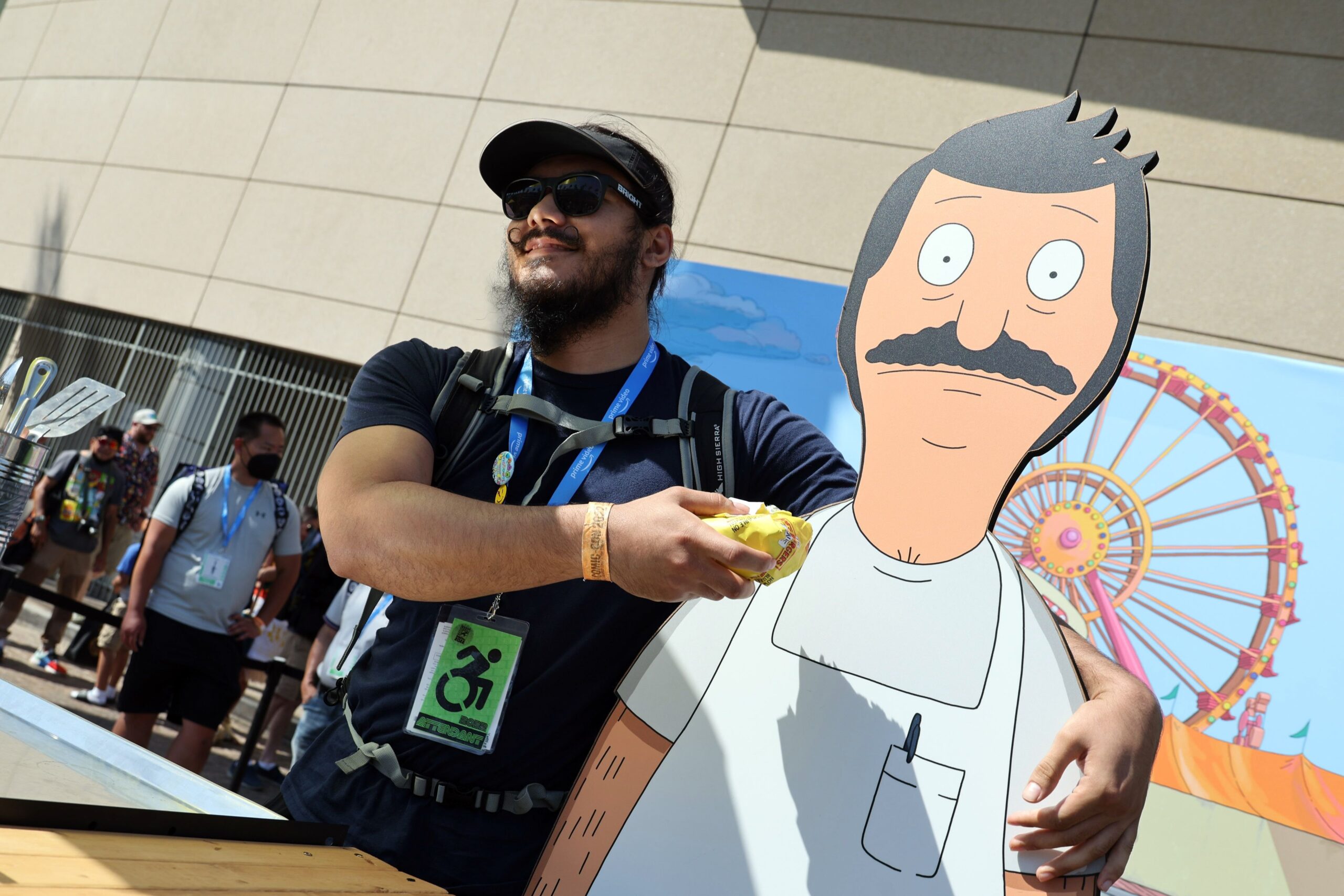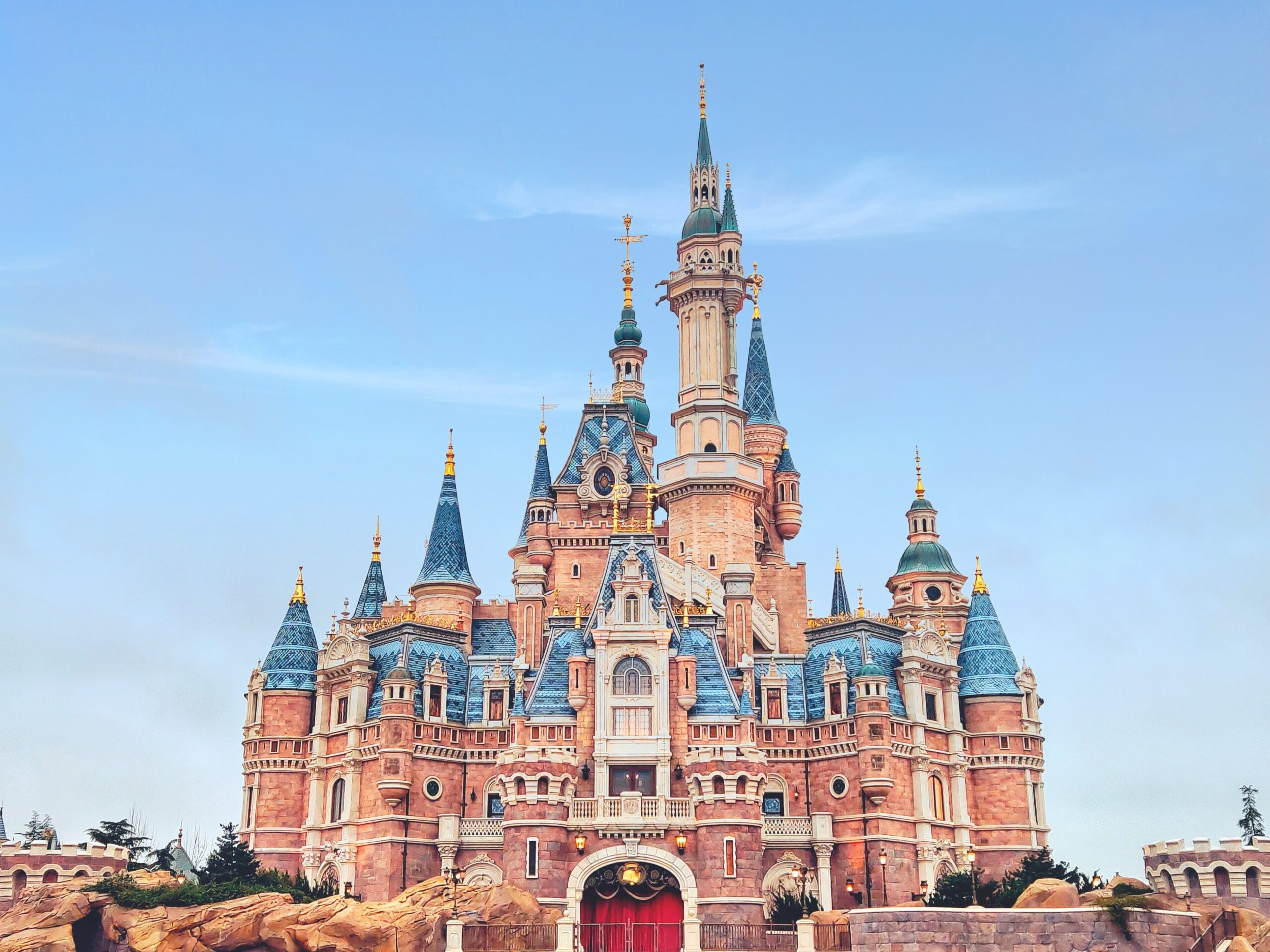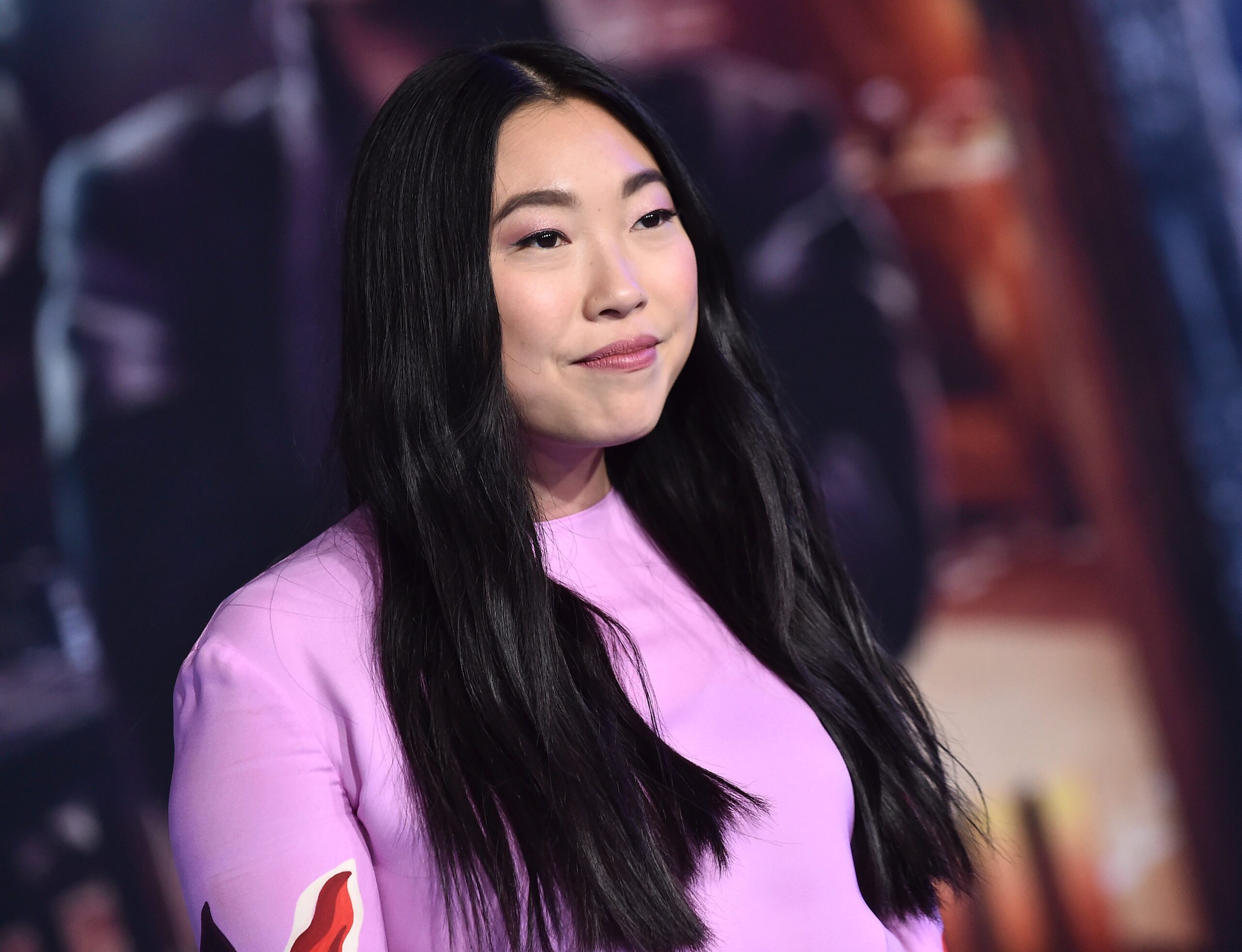“I THRIVE AT THE OFFICE.” “THIS WEEKEND WILL BE LEGENDARY.” “I AM SANE.” These are just a few of the quotes you’ll find on the Instagram account @afffirmations, a motivational page that promises something called “Global Self Hypnosis.” Scroll through afffirmations’ posts and you’ll find blurry, heavily edited, technicolor images emblazoned with enthusiastic quotes like […]











